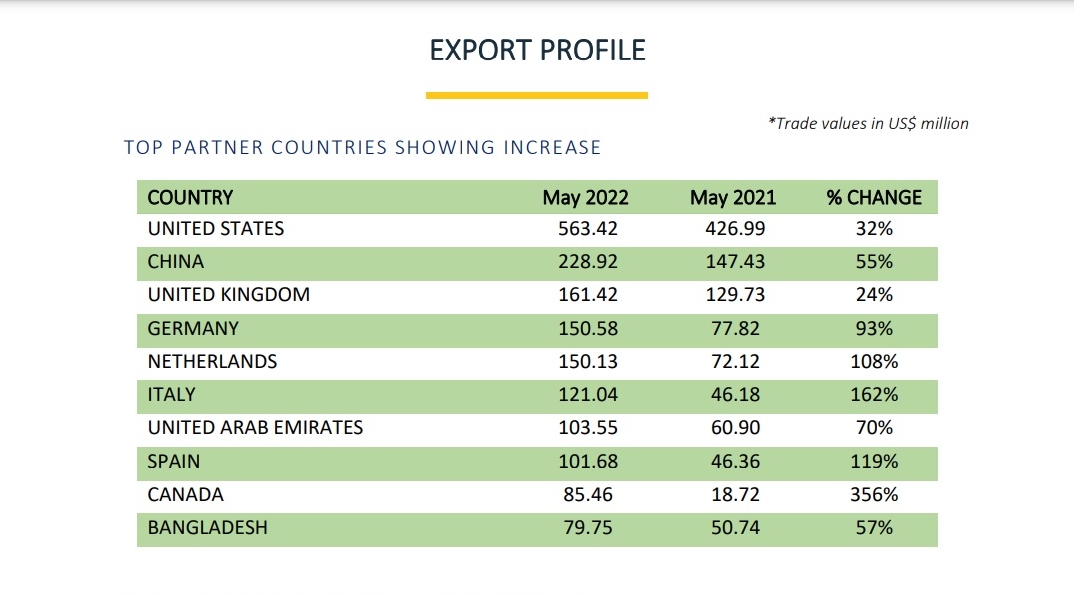I am quite disappointed that the CPEC is not creating enough economic benefits to Pakistan after almost 10 years of development.
To mitigate the risk of Strait of Malacca choke point and potential interruption of maritime traffic in the Indian Ocean by hostile states, China have developed two direct access to the Indian Ocean via the China Pakistan Economic Corridor (CPEC) anchored by the Gwadar Port and the China Myanmar Economic Corridor (CMEC) anchored by the Kyaukpyu Port. Comparing the two, each has its own geographic advantages and disadvantages.
The CMEC mainly traverses flat plains while the CPEC has to pass through high mountains separating China and Pakistan, making any transportation infrastructure engineering more challenging and economically more expensive.
But Gwadar Port is strategically more attractively. It is much closer to Africa and the Persian Gulf than the Kyaukpyu Port, minimizing any potential maritime traffic interruption. In fact, ships leaving the Persian Gulf can sail within Iran's and Pakistan's territorial water to reach Gwadar, eliminating any potential foreign interference in international water.
However, it is disappointing to see the CPEC is not generating the kind of economic benefits to Pakistan as CMEC for Myanmar, where oil and gas pipeline is already operational, and rail link to China is being built.
CPEC and CMEC, as part of China's BRI Initiative, are mainly for infrastructure development. Infrastructure is an industrial development enabler and not an industrialization itself. While during build phase of the infrastructure, it looks good on FDI. But after the completion of the infrastructure, loan has to be repaid. So the host country must leverage the infrastructure and work hard at attracting industries to create revenue for the country. I have not seen enough of that effort from Pakistan.
Furthermore, while Pakistan have yet to discover significant oil or gas reserves in her maritime economic zone, Pakistan does have an energy source in near by Iran. Granted that oil and gas pipelines to China has to overcome some significant engineering challenge and will be more costly to build as well as to transport, they are not beyond China's technical and financial capability given today's energy prices and geopolitical risks. But China will not take the financial risk unless she is assured of availability of oil and/or gas either from Pakistan (to be discovered) or from Iran. Iran has already build pipelines to her border with Pakistan, hoping that she can send oil through Pakistan to China and/or India, thus bypassing sanction, while Pakistan can just sit and collect hundreds of millions of transit fees. Another advantage of oil and gas transit through Pakistan is that Pakistan will have additional leverages over her three major neighbors to the North, East and West. But first, Pakistan must overcome her ideological hurdle to make this happen politically.
To mitigate the risk of Strait of Malacca choke point and potential interruption of maritime traffic in the Indian Ocean by hostile states, China have developed two direct access to the Indian Ocean via the China Pakistan Economic Corridor (CPEC) anchored by the Gwadar Port and the China Myanmar Economic Corridor (CMEC) anchored by the Kyaukpyu Port. Comparing the two, each has its own geographic advantages and disadvantages.
The CMEC mainly traverses flat plains while the CPEC has to pass through high mountains separating China and Pakistan, making any transportation infrastructure engineering more challenging and economically more expensive.
But Gwadar Port is strategically more attractively. It is much closer to Africa and the Persian Gulf than the Kyaukpyu Port, minimizing any potential maritime traffic interruption. In fact, ships leaving the Persian Gulf can sail within Iran's and Pakistan's territorial water to reach Gwadar, eliminating any potential foreign interference in international water.
However, it is disappointing to see the CPEC is not generating the kind of economic benefits to Pakistan as CMEC for Myanmar, where oil and gas pipeline is already operational, and rail link to China is being built.
CPEC and CMEC, as part of China's BRI Initiative, are mainly for infrastructure development. Infrastructure is an industrial development enabler and not an industrialization itself. While during build phase of the infrastructure, it looks good on FDI. But after the completion of the infrastructure, loan has to be repaid. So the host country must leverage the infrastructure and work hard at attracting industries to create revenue for the country. I have not seen enough of that effort from Pakistan.
Furthermore, while Pakistan have yet to discover significant oil or gas reserves in her maritime economic zone, Pakistan does have an energy source in near by Iran. Granted that oil and gas pipelines to China has to overcome some significant engineering challenge and will be more costly to build as well as to transport, they are not beyond China's technical and financial capability given today's energy prices and geopolitical risks. But China will not take the financial risk unless she is assured of availability of oil and/or gas either from Pakistan (to be discovered) or from Iran. Iran has already build pipelines to her border with Pakistan, hoping that she can send oil through Pakistan to China and/or India, thus bypassing sanction, while Pakistan can just sit and collect hundreds of millions of transit fees. Another advantage of oil and gas transit through Pakistan is that Pakistan will have additional leverages over her three major neighbors to the North, East and West. But first, Pakistan must overcome her ideological hurdle to make this happen politically.

